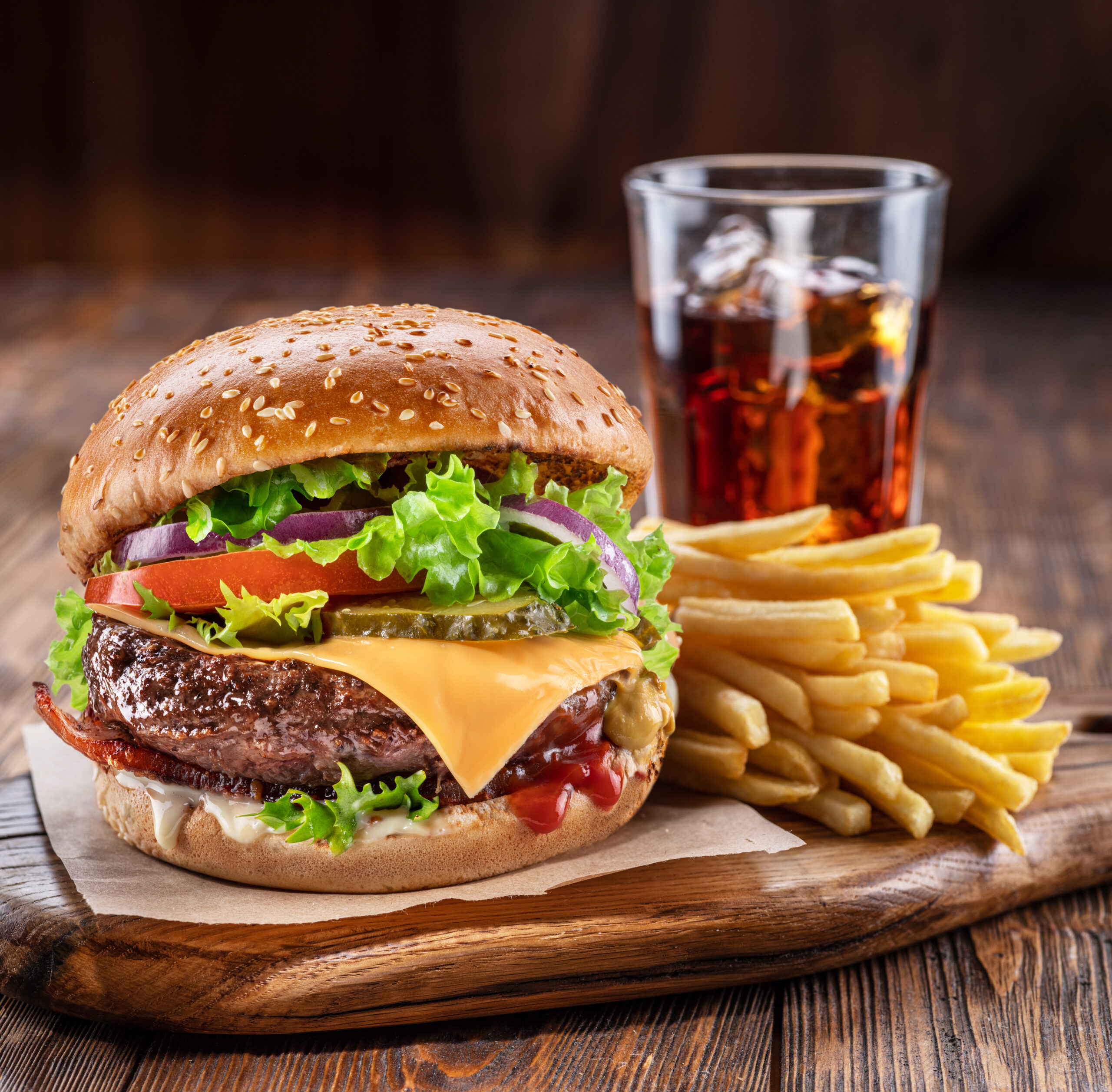Sugar Shock: Understanding the Hidden Risks of Sugar in Children’s Diets
July 19, 2024
 1094
1094 
Sugar is often seen as a harmless treat for children, a reward for good behavior, or a staple in their daily diet.
However, the dangers of excessive sugar consumption extend far beyond tooth decay and temporary hyperactivity…from impairing cognitive function to contributing to obesity and chronic diseases, the impact of sugar on children’s health is profound and alarming.
In this blog, we delve into the hidden risks of sugar, exploring how it affects children’s brains, bodies, and overall well-being, and why it’s crucial to cut down on sugary foods and beverages in their diets.
Sugar can have significant effects on children’s bodies and brains when consumed in excess.
Brain: Activates the brain’s reward system, releasing dopamine and potentially leading to cravings and addictive-like behaviors
May impair learning and memory, based on animal studies
Linked to increased risk of mental health issues like anxiety and depression
Weight: Excess sugar consumption is associated with childhood obesity
Sugar-sweetened beverages are a major source of added sugars and calories in children’s diets
Teeth: Sugar feeds bacteria that cause tooth decay and cavities
Joints: High sugar intake may worsen joint pain and inflammation
Skin: Can accelerate skin aging by damaging collagen and elastin
Liver: Excess fructose can lead to fatty liver disease
Eyes: While not specifically mentioned for children, excess sugar can negatively impact eye health in general
When selecting foods, it’s important to read nutrition labels and ingredient lists to identify added sugars. Look for terms such as sucrose, high fructose corn syrup, cane sugar, maple syrup, honey, and molasses, among others.
Opt for whole, unprocessed foods and prepare meals at home to better control the sugar content in your diet.
When choosing foods, it’s important to read ingredient lists and nutrition labels to ensure there are no hidden added sugars. Preparing meals and snacks at home allows for better control over ingredients and helps avoid added sugars commonly found in processed and packaged foods.
While the belief that sugar causes hyperactivity in children is widespread, scientific evidence does not support a direct link between sugar consumption and hyperactive behavior. However, sugar can affect mood and cognitive functions through mechanisms like blood sugar fluctuations and potential long-term impacts on brain development.
Parental perceptions and societal beliefs also play a significant role in how sugar’s effects are interpreted. Monitoring and moderating sugar intake in children’s diets is still important for overall health, including preventing obesity, diabetes, and dental problems.
Insiders Health Tip:
Key points for children:
The American Heart Association recommends less than 25 grams (6 teaspoons) of added sugar per day for children ages 2-18
Children under 2 should have no added sugar at all.
Limiting sugar intake early in life is important for preventing obesity, high blood pressure, and type 2 diabetes
Parents should read food labels carefully, as sugar is added to many processed foods
https://www.webmd.com/diabetes/features/how-sugar-affects-your-body
https://www.verywellmind.com/how-sugar-affects-the-brain-4065218
https://health.clevelandclinic.org/sugar-how-bad-are-sweets-for-your-kids
https://pubmed.ncbi.nlm.nih.gov/1945637/
https://www.webmd.com/parenting/features/busting-sugar-hyperactivity-myth
https://www.ncbi.nlm.nih.gov/pmc/articles/PMC6193136/
https://pubmed.ncbi.nlm.nih.gov/7474248/
https://drdina.ca/how-sugar-affects-childrens-brains/
https://www.sciencedaily.com/releases/2021/03/210331130910.htm
https://www.ncbi.nlm.nih.gov/pmc/articles/PMC3133757/
https://www.medicalnewstoday.com/articles/medical-myths-does-sugar-make-children-hyperactive

A new study suggests that a widely used sugar substitute found in diet sodas, chewing gum, and low-sugar yogurt may elevate insulin levels. This could increase the long-term risk of heart disease. “Artificial sweeteners have infiltrated nearly all types of food, making it crucial to understand their long-term health effects,” said Yihai Cao, senior author […]

Diet Coke has long been a fan-favorite among soda lovers who want a fizzy, guilt-free alternative to traditional soft drinks. While its zero-calorie, zero-sugar label makes it seem like a healthier option, the reality is far more concerning. Despite its undeniable popularity, Diet Coke’s nutritional profile has raised red flags among health experts for years. […]

New study shows that embracing an anti-inflammatory, plant-forward diet can support cognitive function and help reduce the risk of dementia. What You Eat Shapes Your Brain The food you eat doesn’t just impact your body—it also affects your brain. Research suggests that eating an anti-inflammatory, plant-based diet can help improve memory, focus, and overall brain […]